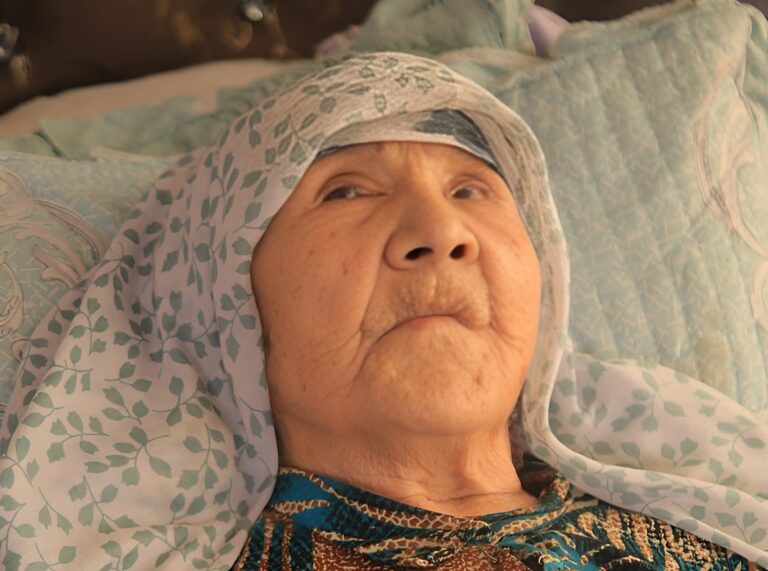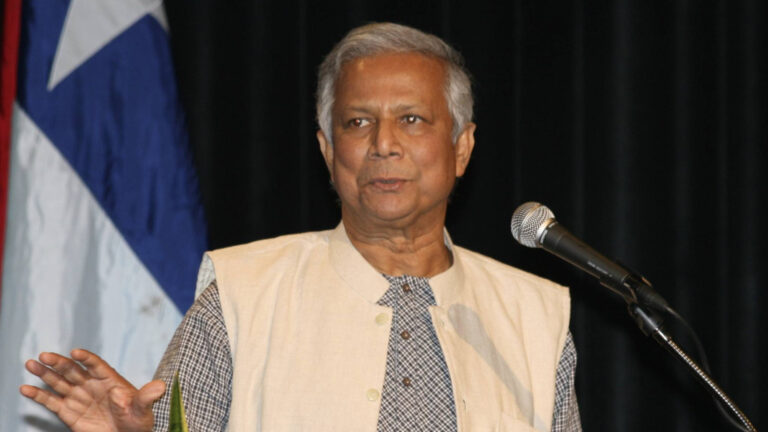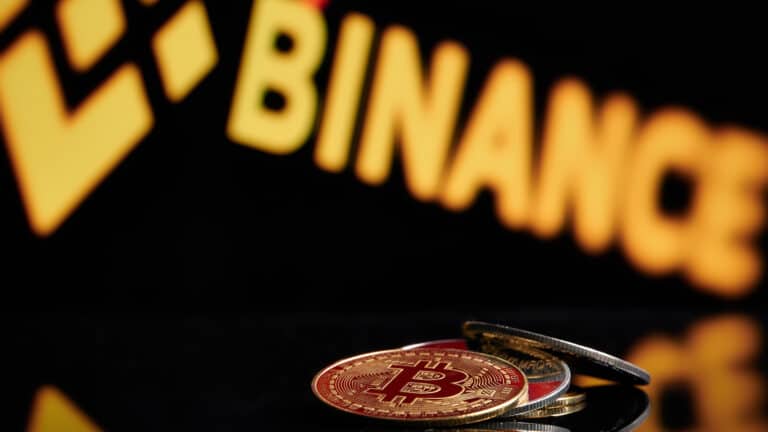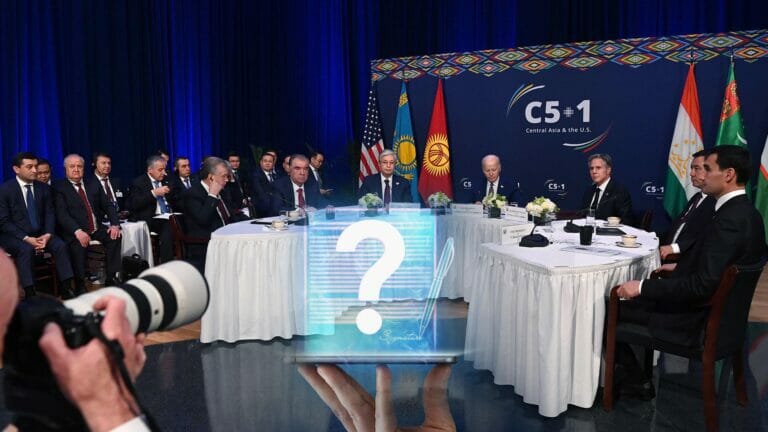
Kazakhstan has approved the use of Toncoin, a cryptocurrency developed by Telegram. This decision, made by the Astana Financial Services Authority (AFSA), allows Toncoin to be used on cryptocurrency exchanges registered with the Astana International Financial Center (AIFC). The approval follows a visit to the AIFC by Pavel Durov, the founder of Telegram, as reported by the financial center’s press service.
Toncoin is the native cryptocurrency of TON (The Open Network), a blockchain platform developed by a team of IT specialists from Telegram led by the Durov brothers. It is used to pay for various transactions within systems built on TON. As of June 28, Toncoin was trading at $7.67 per coin.
On Thursday, June 27, Pavel Durov was seen in Kazakhstan’s capital. The following day, Digital Minister of Kazakhstan Zhaslan Madiyev mentioned that the ministry had invited Durov to visit the ministry, the AIFC and other organizations. Madiyev also suggested that Durov might stay in Kazakhstan for three days.
In June, Durov visited three Central Asian states. On June 13, he was seen at Issyk Kul Lake in Kyrgyzstan, a popular recreational destination in Central Asia. Some local media speculated that he was invited as a potential investor for an ambitious tourist project called Kyrgyz Courchevel. On June 24, Durov was spotted in Tashkent, Uzbekistan. According to Repost.uz, he was there to negotiate the legalization of Toncoin.
In Kazakhstan, issuing and trading cryptocurrency is generally prohibited, except when explicitly allowed by law. However, crypto exchanges can operate within the jurisdiction of the AIFC.
According to the AFSA website, the international financial center welcomes both Kazakhstani and foreign companies, even those with minimal resources. These companies can offer FinTech and RegTech services without immediate compliance with all existing regulations. Initially, a company must file a preliminary application describing its project concept. If this application is approved, a full application is required. The AFSA then reviews the full application to determine whether the company fits into the FinTech Lab.
The AFSA can introduce new rules and conditions to regulate FinTech activities. If a company meets all preliminary requirements and obtains approval in principle, it receives authorization from the FinTech Lab. So far, the AFSA has issued licenses to nine crypto exchanges: Binance, Top Line Limited, Bybit Limited, Bigone Investment, CaspianEx, Biteeu Eurasia, ATAIX Eurasia, Upbit Eurasia, and Xignal&MT.
Since April 15, 2024, the State Revenue Committee has had the authority to disclose data about digital assets, including their value. The value of digital assets is based on prices from the CoinMarketCap website, with the committee calculating a weighted average price based on CoinMarketCap’s real-time data.
Initially, the agency will publish data for 11 cryptocurrencies: Bitcoin (BTC), Bitcoin Cash (BCH), Dash (DASH), Dogecoin (DOGE), Ethereum Classic (ETC), Horizen (ZEN), Litecoin (LTC), Monero (XMR), Siacoin (SC), Tron (TRX) and Zcash (ZEC). This list may be amended at any time.













